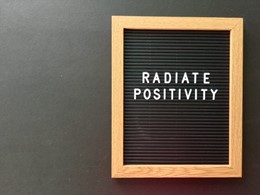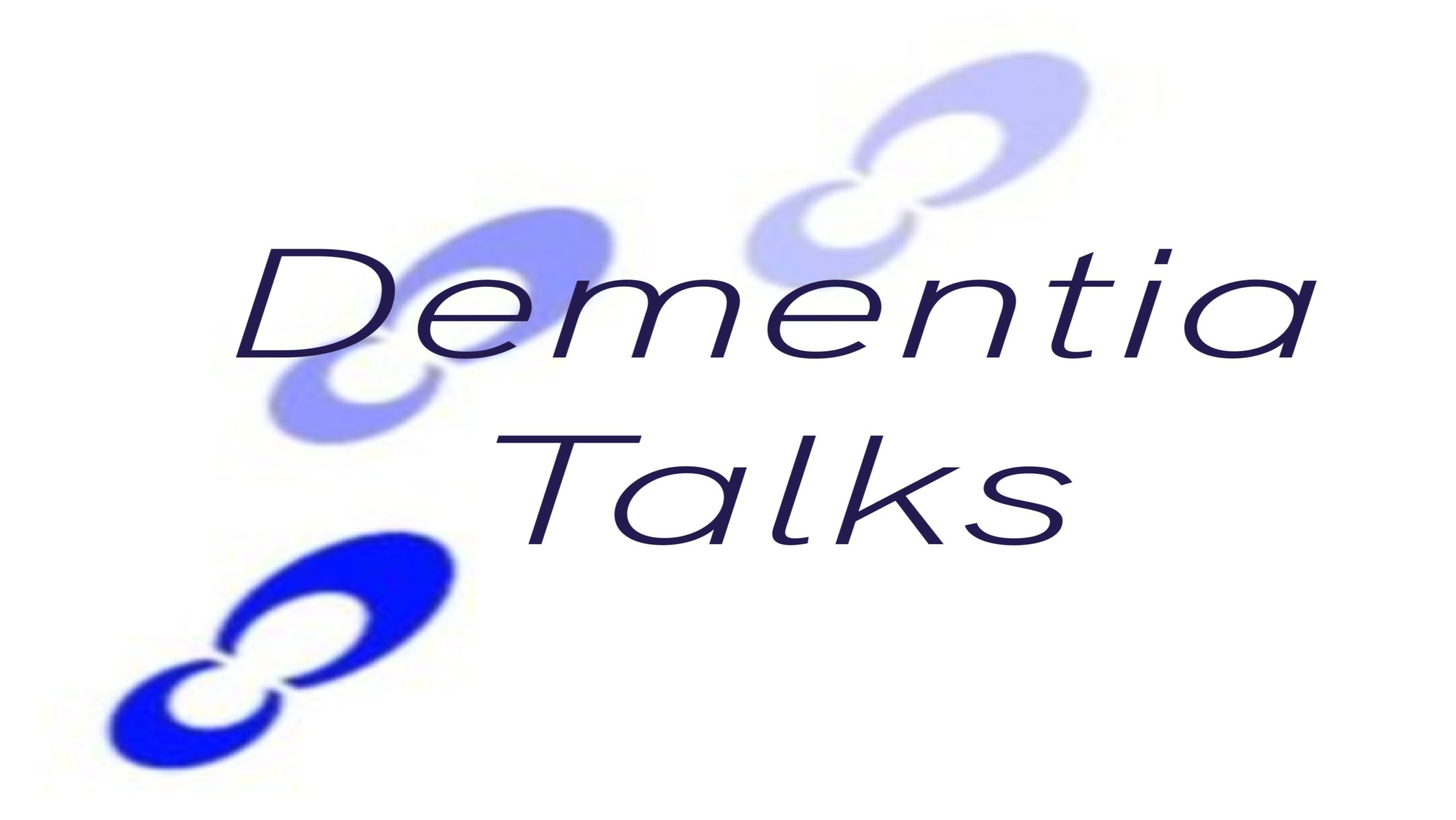
Gratitude is Coping Mechanism #4. This coping mechanism sets up so many things. Being grateful not only changes your attitude, it enables the seeing of things with a positive attitude. Conversely, if you are ungrateful, it is almost impossible to have a positive attitude.
Having a positive attitude allows to achieve thankfulness and gratitude but they are not the same – the difference between thankfulness and gratitude and which one effects a positive attitude is important to everyone not just people with dementia.
If you are like me, maybe your first thought is “aren’t they are pretty much the same thing.?” But like having faith, it is only just thoughts until you put your faith in action. So, what does putting your thankfulness in action really look like? How does it contribute to living a positive life each day?
Here is how it works. Out of thankfulness flows gratitude. Gratitude, like faith, is thankfulness in action. But how does it affect our brain health?

Gratitude changes the very structure of brain.
Extensive studies have been done, and it has been proven beyond a doubt that expressions of gratitude do cause the neural structures of the brain to change.
Having positive emotions, such as happiness and fulfillment, releases hormones that make you feel positive so getting into this habit early not only changes your day, but it changes you.
copyright 2022




1 Comment
Make Peace a Priority - Dementia Talks.net
November 23, 2022 at 6:04 pm[…] – The next part of finding peace is gratitude. I have talked about the importance of gratitude many times in previous articles, podcasts […]